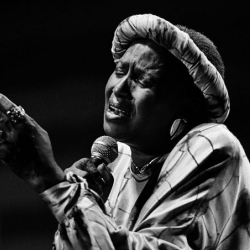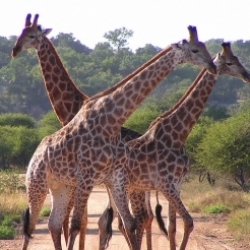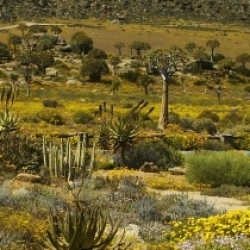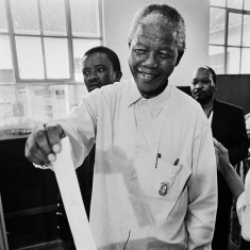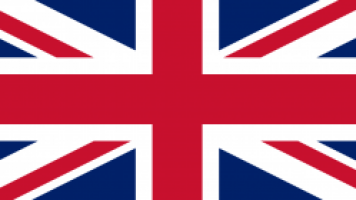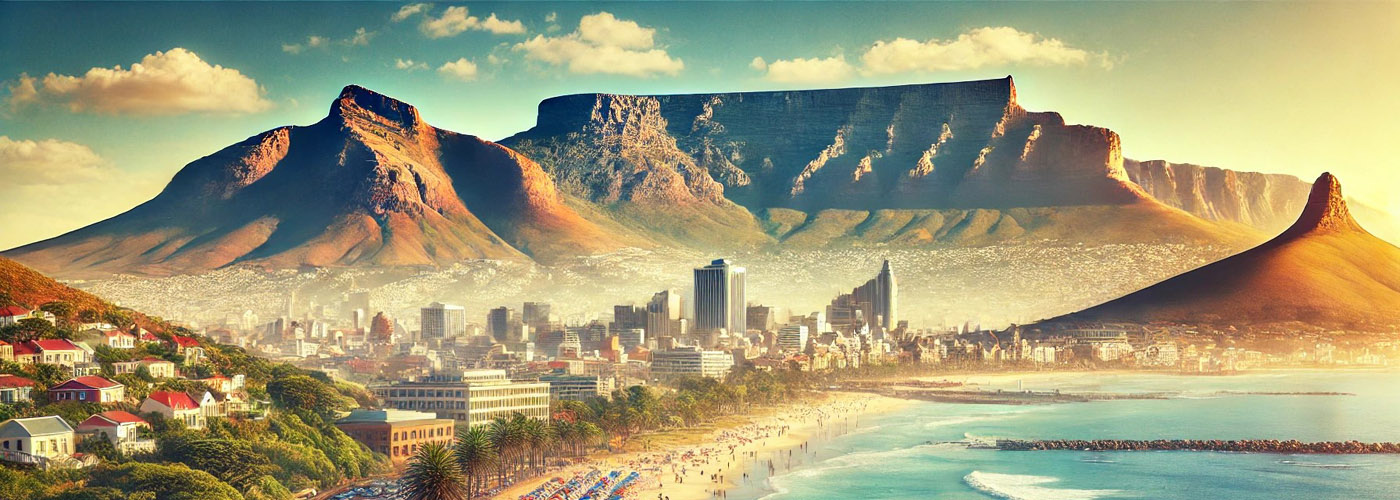
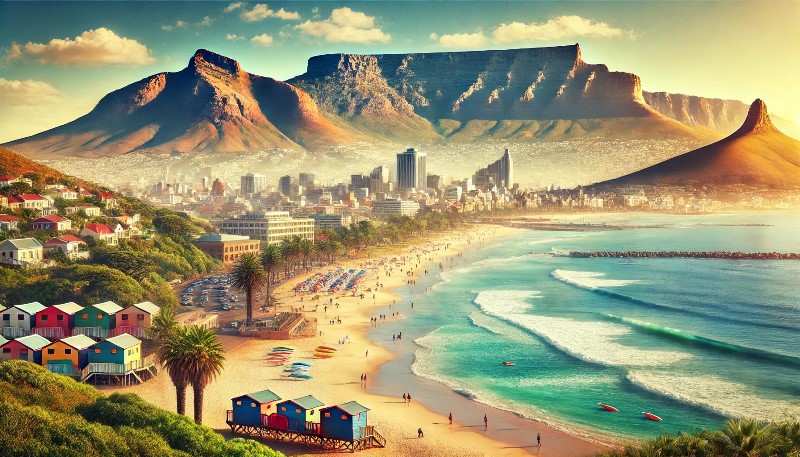
Vote for the best in the
Republic of South Africa
"Please vote for the best people in this country! If someone is missing, add them and don’t forget to comment. Thank you! Let the whole world know the best from this country. Thank you for your support!"
Last added
The Best Female singer
The Best Music Group
The most beautiful woman
The most beautiful girl
The most handsome man
The most beautiful animal
The most beautiful child
2025
Cache full!
Cookies and browser page data must be cleared.
More information in the menu.
The most beautiful woman
The most beautiful animal
The Best Female singer
The most beautiful girl
The Best Music Group
The most handsome man
The most beautiful child
South Africa's best song
- 1) Where is my mind? (The Pixies) by Shaun Morgan of Seether w/ Staind & Saint Asonia in 360˚ VR 3 b
- 2) VULINDLELA-BRENDA FASSIE 2 b
- 3) Ndiredi - SIMPHIWE DANA 2 b
- 4) Master KG - Jerusalema [Feat. Nomcebo] 2 b
- 5) Zahara - Ndiza 2 b
- 6) Master KG - Skeleton Move [Feat. Zanda Zakuza] 2 b
- 7) Hugh Masekela - Chileshe 2 b
- 8) Dean Geyer - If You Don't Mean It 2 b
- 9) Die Antwoord - Enter The Ninja (Explicit Version) 2 b
- 10) Miriam Makeba - Pata Pata (Live 1967) 2 b
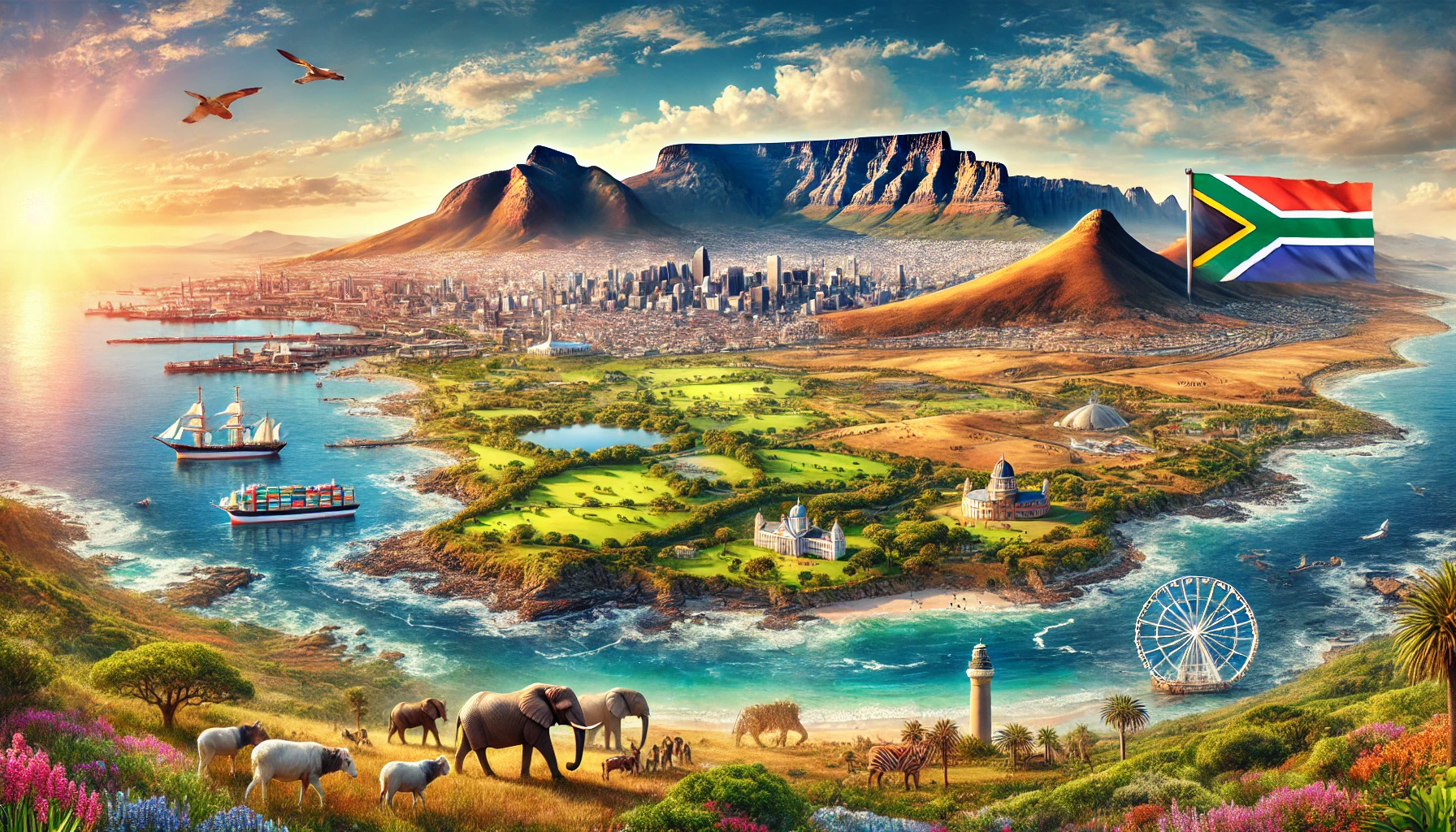
South Africa, officially known as the Republic of South Africa (RSA), is a country located at the southernmost tip of the African continent. It is bordered by Namibia, Botswana, Zimbabwe, Mozambique, and Eswatini (formerly Swaziland), and has coastlines along both the Atlantic and Indian Oceans. Known for its diverse culture, complex history, and stunning landscapes, South Africa is often referred to as the “Rainbow Nation” due to its varied population and vibrant cultural heritage.
Geography and Demographics
South Africa spans approximately 1.22 million square kilometers, making it the 25th-largest country in the world by area. It is home to a variety of geographical features, from its vast plateaus, mountain ranges, and deserts to its coastal plains and rich biodiversity. The country is divided into nine provinces: Gauteng, Western Cape, Eastern Cape, KwaZulu-Natal, Mpumalanga, Limpopo, Free State, North West, and Northern Cape. Each province offers unique landscapes, resources, and cultural practices.
The country’s population is over 60 million people, with a remarkable mix of ethnic groups, languages, and cultures. The major ethnic groups include Black Africans (the largest group), Whites (of European descent), Coloureds (mixed race), and Indians or Asians (primarily of Indian descent). South Africa is a multi-lingual country, with 11 official languages, including Zulu, Xhosa, Afrikaans, English, and others. English, while the most widely spoken language in business and government, is not the mother tongue of most citizens.
History
South Africa’s history is deeply shaped by the presence of indigenous African populations, colonialism, apartheid, and its transition to democracy. The first human ancestors, who lived in South Africa about 3 million years ago, left behind significant archaeological and fossil evidence, notably in the Cradle of Humankind, a UNESCO World Heritage site near Johannesburg.
Colonial Era
In the 17th century, Dutch colonists, led by Jan van Riebeeck, established a settlement at Cape of Good Hope in 1652. Over the following centuries, the Dutch and the British fought for control of the region, leading to tensions that would influence South Africa’s future. The British ultimately took control of the Cape Colony in the early 19th century, bringing with them the legacy of slavery, which was abolished in 1834.
During this period, large numbers of Dutch-descended settlers, known as Boers, moved inland, establishing their own independent republics in the interior. This led to a series of conflicts with the British, most notably the Anglo-Zulu War and the Second Anglo-Boer War (1899-1902), which saw the British consolidate control over the entire region.
Apartheid
The early 20th century saw the consolidation of South Africa into a unified nation under British rule. However, the policies of racial segregation, enforced through laws and practices that privileged white South Africans, took root during this time. In 1948, the National Party, representing the interests of white South Africans, came to power and implemented the formal system of apartheid—a state-sanctioned program of racial segregation that deeply oppressed the country’s non-white population.
Under apartheid, Black South Africans were forced to live in designated “homelands,” restricted from living in urban areas, and denied basic civil rights. The government also instituted a range of discriminatory laws, including the pass laws that controlled the movement of Black South Africans. Political participation was severely limited for non-white citizens, and violent repression was used to maintain control.
The Road to Democracy
Resistance to apartheid grew throughout the 20th century, both within South Africa and internationally. Leaders like Nelson Mandela, Oliver Tambo, and Desmond Tutu became symbols of the struggle against apartheid. The African National Congress (ANC) played a central role in organizing protests, strikes, and armed resistance. In 1960, the Sharpeville Massacre and subsequent violence led to a nationwide crackdown, resulting in the imprisonment of key anti-apartheid leaders.
In 1990, facing mounting pressure both domestically and internationally, President F.W. de Klerk began to dismantle apartheid. Nelson Mandela was released from prison, and multi-party negotiations paved the way for the first multiracial democratic elections in 1994. The ANC won the elections, and Nelson Mandela was elected the first Black president of South Africa, symbolizing the end of apartheid.
Government and Politics
South Africa is a constitutional democracy, with a political system based on the principles of human rights, social justice, and democratic governance. The country’s government is divided into three branches: the executive, the legislature, and the judiciary.
The President of South Africa, elected by the National Assembly, serves as both the head of state and government. The executive branch also includes the Cabinet, composed of ministers appointed by the President. The legislative branch is a bicameral Parliament, which consists of the National Assembly and the National Council of Provinces. The judiciary is independent, with the Constitutional Court serving as the highest court in the land.
South Africa has made significant strides in terms of political freedoms and rights since the end of apartheid. However, challenges remain, particularly in the areas of poverty, unemployment, inequality, and corruption. The African National Congress (ANC) remains the dominant political party, but opposition parties, such as the Democratic Alliance (DA) and the Economic Freedom Fighters (EFF), have gained prominence in recent years.
Economy
South Africa has the most industrialized and diversified economy on the African continent. Its economy is driven by key sectors such as mining, manufacturing, agriculture, and services. The country is rich in natural resources, with vast reserves of gold, platinum, diamonds, and other minerals. South Africa is one of the world’s largest producers of gold and platinum, and mining has historically been a major contributor to the economy.
The country’s agricultural sector is also important, producing crops like maize, sugar, and fruits. South Africa’s manufacturing sector includes automotive production, chemicals, textiles, and steel. In recent years, the country has made strides in developing its technology and financial sectors, particularly in cities like Johannesburg and Cape Town.
Despite its economic strengths, South Africa faces significant challenges. High unemployment rates, particularly among the youth, widespread poverty, and inequality remain major concerns. The economic legacy of apartheid, which entrenched economic divisions, continues to affect the distribution of wealth and opportunities. South Africa also struggles with a high rate of corruption and political instability at times.
Culture and Society
South Africa is known for its cultural diversity, often referred to as the “Rainbow Nation.” The country is home to a wide range of ethnic groups, languages, and traditions. The cultural diversity is reflected in its 11 official languages, which include Zulu, Xhosa, Afrikaans, and English. The cultural traditions and practices of South Africa’s indigenous communities, such as the Zulu, Xhosa, and Ndebele, coexist alongside those of Afrikaner, British, Indian, and other communities.
South African music, art, and literature have gained international acclaim. The country’s musical traditions, from traditional folk music to jazz, reggae, and house music, reflect its diverse heritage. South Africa has produced world-renowned artists, including musicians like Miriam Makeba and Hugh Masekela, and writers like J.R.R. Tolkien, Athol Fugard, and Nadine Gordimer.
Sports play a central role in South African society. Rugby, cricket, and soccer are particularly popular, with the country having hosted the 2010 FIFA World Cup, the first time the event was held in Africa. Rugby, in particular, has a deep cultural significance, and the South African national team, the Springboks, has enjoyed success on the international stage.
Education
Education in South Africa is compulsory for children between the ages of 7 and 15. The country has made significant strides in expanding access to education in the post-apartheid era, with improvements in literacy rates and enrollment numbers. However, the quality of education remains a challenge, particularly in rural and impoverished areas.
South Africa is home to several prestigious universities, including the University of Cape Town, the University of the Witwatersrand, and Stellenbosch University. These institutions attract students from across Africa and around the world, contributing to the country’s academic and research advancements.
Conclusion
South Africa is a country with a rich and complex history, marked by struggles for freedom, justice, and equality. While the country has made significant progress in overcoming the legacies of apartheid, it still faces significant challenges in addressing poverty, inequality, and political corruption. However, South Africa’s remarkable diversity, cultural richness, and natural beauty continue to make it a key player on the African continent and an important member of the global community. With its vast potential, South Africa remains a country of great promise and opportunity.




